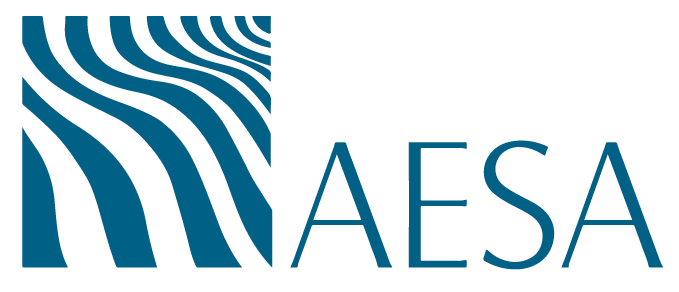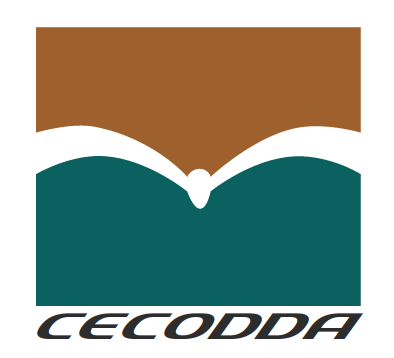P117 - THE GAMBIA
Digitalization and Competitiveness in The Gambia
BENEFICIARIES
- Ministry of Trade, Industry, Regional Integration and Employment
- Ministry of Information and Communication Infrastructure
- Business communities
PROJECT STAKEHOLDERS
- Ministry of Finance and Economic Affairs (MOFEA)
- Public Utility Regulatory Authority (PURA)
- Gambia Revenue Authority (GRA)
- Central Bank of The Gambia (CBG)
- Food Safety and Quality Authority (FSQA)
- Gambia Bureau of Standards
- National Accreditation and Quality Assurance Authority (NAQAA)
- National Council for Arts & Culture
- National Assembly
- Gambia Investment and Export Promotion Agency
- Gambia Chamber of Commerce and Industry
- Gambia Youths Chamber of Commerce
- Gambia Women Chamber of Commerce
- American Chamber of Commerce (AmCham)
- National Enterprise Development Initiative (NEDI)
- Start-up Incubator Gambia (SIG)
- Gambia businesses in ICT sectors
DEVELOPMENT PARTNERS
- European Delegation in The Gambia
- European business in ICT sectors
PROJECT COVERAGE
The objective of the support project is to contribute to sustainable economic development and poverty reduction in the Gambia through the digital transformation of the country, rapid economic growth, stimulating innovation, creating jobs, fostering the development of eServices and speeding up access to quality public and private services in order to contribute to the achievement of the SDGs.
Four-fold purposes: To evaluate the Level of development of digital economy in The Gambia; To carry out an analysis of the potential of the digital economy market, and its impact (proven and potential) on growth and employment with specific focus on eServices in commerce and tourism, agritech and eGovernance; To propose an EU response strategy to promote digital transformation of Gambia; and to develop content to be presented at the Gambia Economic Forum.
Nine-fold Project outputs:
- Policy, regulatory and institutional framework assessment is undertaken;
- Digital connectivity – an analysis is carried out in terms of broadband internet access and connectivity (including technological and economic aspects) and recommendations are issued for defining a way forward;
- Digital Skills - an analysis is carried out taking stock of the education system and training opportunities relevant to digitalisation and recommendations are issued;
- Entrepreneurship – a mapping of the relevant stakeholders and a stocktaking of business climate are carried out and recommendations are issued;
- A mapping of the relevant actors is carried out, Shortcomings, and obstacles to the development eServices ecosystem in particular for Tourism, eCommerce, Agritech, eGovernance and their potential impact are identified; recommendations are issued;
- EU strategy approach to support the country's digital transformation and in particular to promote access to broadband for all in the country and to develop the tourism and the agriculture sectors is proposed;
- Actions/projects are proposed to be implemented by the EU through its cooperation instruments (blending, guarantees, subsidies, technical assistance, etc.) and through its political dialogue for a rapid and harmonious development of the sector;
- A Discussion Paper, PowerPoint slides, infographics etc. developed; and
- A Session on Digitalization and Innovation during the Gambia Economic Forum is facilitated.
Intervention areas:
- Governance;
- Policy and regulatory framework;
- Business models;
- Digital services;
- Telecommunications market;
- Gender;
- Access to broadband;
- Tourism and agriculture;
- E-services;
- Agritec;
- E-governance.
RESULTS ACHIEVED
Purpose 1: To evaluate the Level of development of digital economy in The Gambia
- Policy, regulatory and institutional framework assessment is undertaken;
- Digital connectivity – an analysis is carried out in terms of broadband internet access and connectivity (including technological and economic aspects) and recommendations are issued for defining a way forward;
- Digital Skills - an analysis is carried out taking stock of the education system and training opportunities relevant to digitalisation and recommendations are issued;
- Entrepreneurship – a mapping of the relevant stakeholders and a stocktaking of business climate are carried out and recommendations are issued.
Purpose 2: To carry out an analysis of the potential of the digital economy market, and its impact (proven and potential) on growth and employment with specific focus on eServices in commerce and tourism, agritech and eGovernance
- A mapping of the relevant actors is carried out, Shortcomings, and obstacles to the development e-Services e-cosystem in particular for Tourism, e-Commerce, Agritech, e-Governance and their potential impact are identified;
- Recommendations are issued.
Purpose 3: To propose an EU response strategy to promote digital transformation of Gambia
- EU strategy approach to support the country's digital transformation and in particular to promote access to broadband for all in the country and to develop the tourism and the agriculture sectors is proposed;
- Actions/projects are proposed to be implemented by the EU through its cooperation instruments (blending, guarantees, subsidies, technical assistance, etc.) and through its political dialogue for a rapid and harmonious development of the sector.
Purpose 4: To propose an EU response strategy to promote digital transformation of Gambia
- A Discussion Paper, PowerPoint slides, infographics etc. developed;
- A Session on Digitalization and Innovation during the Gambia Economic Forum is facilitated.




